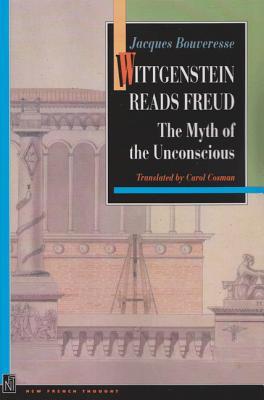Freud’s understanding of the unconscious was largely mistaken, argued Wittgenstein. And yet, Wittgenstein described himself as ‘a follower’ and ‘a disciple’ of Freud; ‘here at last’, Wittgenstein said, ‘is a psychologist who has something to say’. In this article, Edward Harcourt sets out to reconcile these positions. Harcourt argues that, although Wittgenstein was deeply sceptical of Freud’s philosophical understanding of his own theories – particularly Freud’s theory of the unconscious – Wittgenstein was still, in some sense, a follower of Freud. On the face of it Wittgenstein and Freud don’t look like intellectual allies. Freud’s great project could be described as mapping our internal world, especially those bits of it that are hidden from consciousness. Wittgenstein on the other hand is sometimes thought to have denied we so much as have an internal world. In Philosophical Investigations, he asks…
Read the full article which is published on IAI TV (external link)







